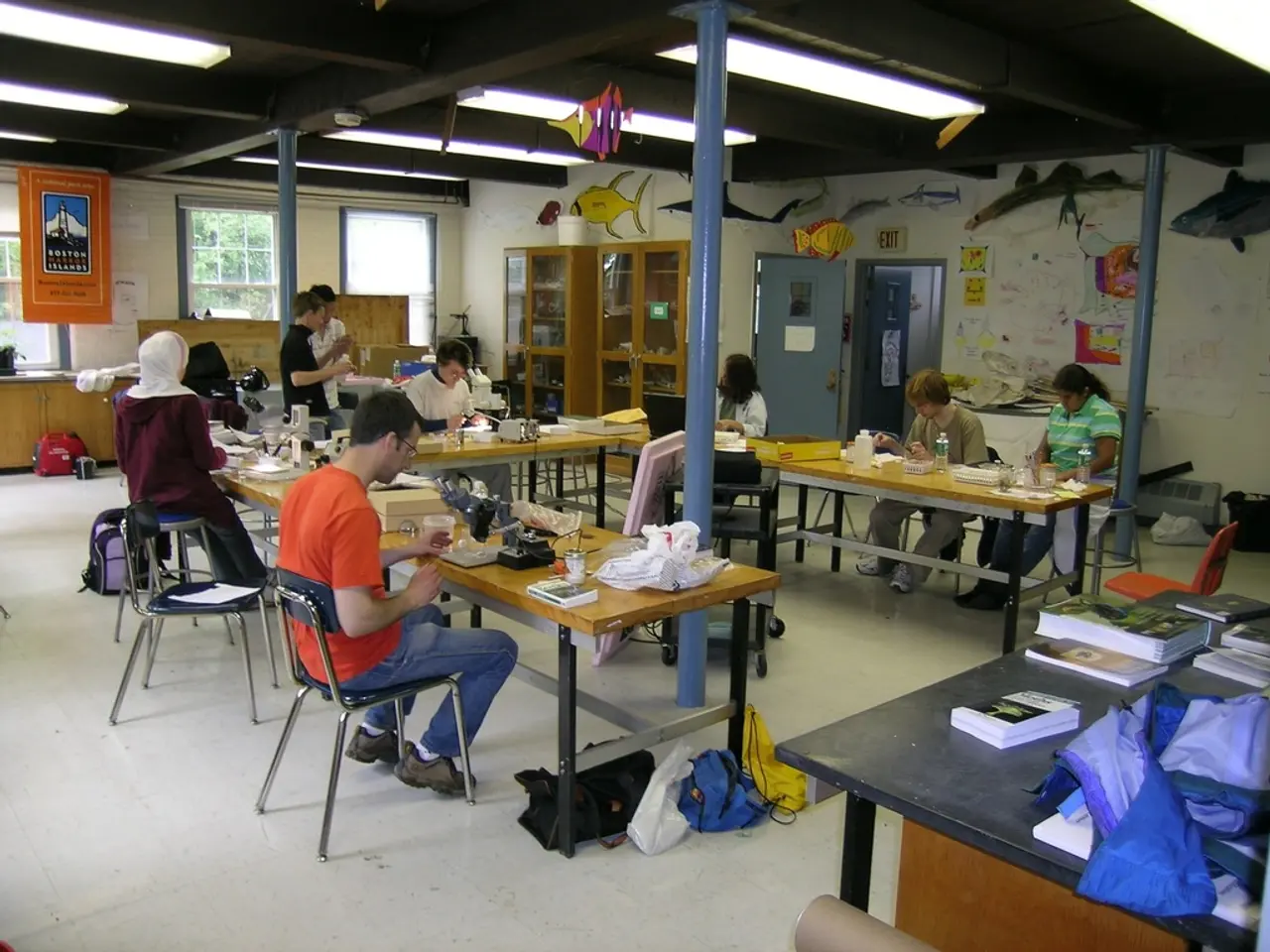Luxury car manufacturer Lexus acquires land in Shanghai worth $185 million for a fully-owned electric vehicle manufacturing facility.
In a significant move, Toyota announced on February 5, 2025, its plans to build a wholly-owned electric vehicle (EV) plant in Shanghai, China. This plant will be dedicated to producing Lexus models, marking a strategic expansion of Toyota's electric vehicle offerings in the world's largest EV market.
The new plant, located in Shanghai's Lingang district, was purchased from the Shanghai Jinshan District Planning and Natural Resources Bureau on April 1, 2025. The industrial land, covering approximately 1.13 million square meters, was acquired by Lexus for RMB 1.353 billion yuan ($185 million) and is designated for new energy vehicle (NEV) manufacturing, lithium-ion battery manufacturing, and other battery-related activities.
China has been a crucial market for Toyota, ranking as the company's third-largest market after the United States and Japan. The country's relaxation of restrictions in the pure electric vehicle sector in 2018 allowed foreign companies to operate as wholly-owned enterprises, paving the way for Toyota's latest venture.
The land use term for the new plant is 50 years, as stated in the announcement by the Shanghai Public Resources Trading Center. The early stages of production are expected to add about 1,000 new jobs, contributing to the local economy.
Notably, this will be the second wholly-owned auto plant by a foreign brand in China, following Tesla's Shanghai factory, which started construction in January 2019 and went into operation by the end of that year. The initial capacity of the new Toyota plant is projected to be about 100,000 units per year.
The first Lexus-branded battery electric vehicle (BEV) model is scheduled to go into production in 2027, signifying Toyota's commitment to electrifying its vehicle lineup in China. As the world's No. 1 automaker by sales, Toyota's entry into the Chinese EV market is likely to have a significant impact on the industry.
[1] Toyota Announces Plans for Wholly-Owned EV Plant in Shanghai. (2025, February 5). Retrieved from https://www.toyota-global.com/newsroom/detail/12072487 [2] Toyota to Build Wholly-Owned EV Plant in Shanghai. (2025, February 5). Retrieved from https://www.reuters.com/business/autos-transportation/toyota-to-build-wholly-owned-ev-plant-in-shanghai-2025-02-05/ [3] China Lifts Foreign Share Ratio Restrictions in Passenger Car Manufacturing. (2022, March 1). Retrieved from https://www.chinadaily.com.cn/a/202203/01/WS61d4967ba310fd2b29e6c890.html [4] Toyota to Start Production of Lexus EVs in Shanghai in 2027. (2025, February 5). Retrieved from https://www.autonews.com/international-news/toyota-to-start-production-of-lexus-evs-in-shanghai-in-2027
- Toyota's new electric vehicle (EV) plant, in Shanghai's Lingang district, will focus on manufacturing Lexus models, as well as lithium-ion batteries and other battery-related activities.
- The initial capacity of the new Toyota plant is projected to produce around 100,000 units per year, making it the second wholly-owned auto plant by a foreign brand in China, following Tesla's Shanghai factory.
- The relaxation of restrictions in China's pure electric vehicle sector in 2018 enabled foreign companies like Toyota to operate as wholly-owned enterprises, contributing to Toyota's strategic expansion in the world's largest EV market.
- The first Lexus-branded battery electric vehicle (BEV) model is due for production in 2027, signifying Toyota's commitment to electrifying its vehicle lineup in China, a move that is anticipated to have a significant impact on the industry.
- China, as Toyota's third-largest market, has been a crucial market for the company, and the new EV plant underscores Toyota's dedication to capitalizing on the growing energy and sports EV market in China.






